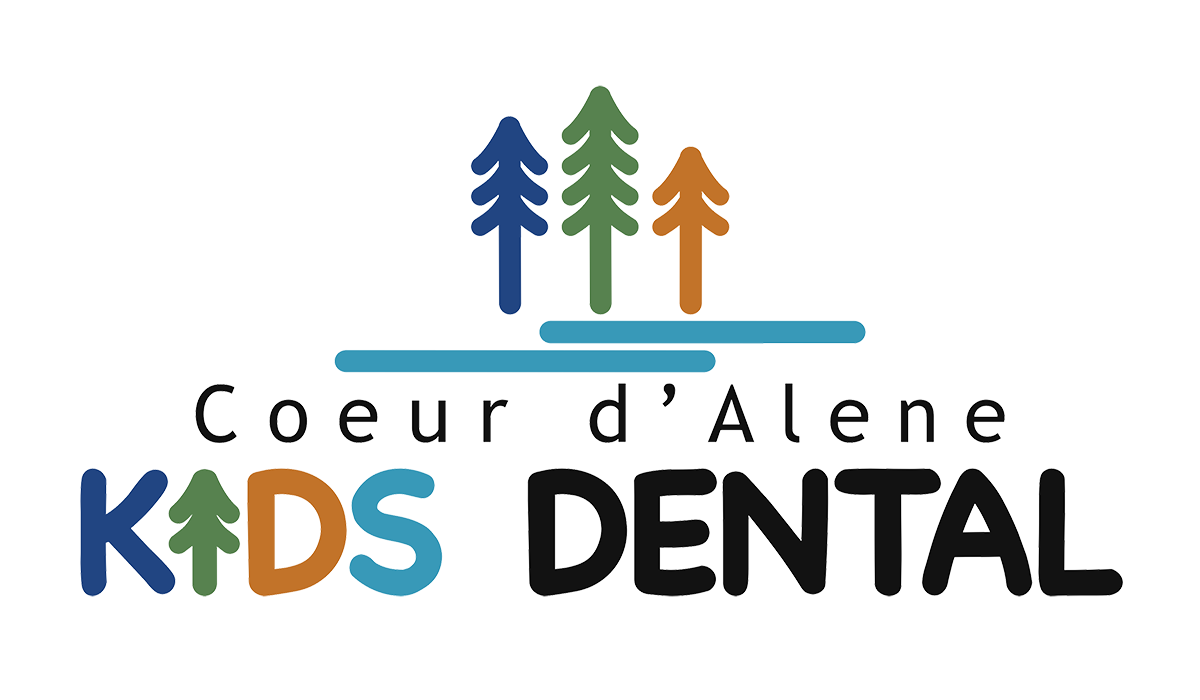Oral care is necessary from the time the baby is born. Before they have teeth a parent can clean their baby’s mouth and gums with an infant toothbrush or a soft cloth. Daily toothbrushing should begin with the eruption of the first tooth.
Infant Tooth Brushing Tips
- Begin brushing twice a day as soon as the first tooth erupts
- Use a grain of rice-sized smear of fluoride toothpaste until the child is 3 years old
- Hold the child’s cheek open while brushing to prevent the child from sucking toothpaste off of the toothbrush
- Wipe out the excess toothpaste with a cloth, but do not rinse with water
Infant Dietary Tips
With the exception of water, nearly any food or liquid can contribute to acid production from our mouth’s oral acid-producing bacteria. The acid that is produced causes tooth demineralization. Cavities result from this process.
Nighttime feedings pose a greater risk of tooth decay than other feedings. Salivary production decreases significantly during sleep. Food matter and acid produced by the bacteria are not as readily washed away by our saliva. This can lead to the decay commonly referred to as “bottle rot” or “baby bottle tooth decay.”
White spots along the gums of your child’s teeth are areas where cavities are starting but have not yet developed into cavitations or “holes.” Improvements in oral hygiene and dietary habits may stop the development of cavities even if the white spots have appeared. These recommendations can help these “white spot lesions” heal:
- Do not put any sweeteners on pacifiers
- Do not clean a pacifier with your mouth
- Give your baby only water in bottles at bedtime
- Babies should bottle wean by their first birthday
- Begin toothbrushing with eruption of first tooth
- Visit Kids Dental upon the eruption of first tooth or by first birthday

